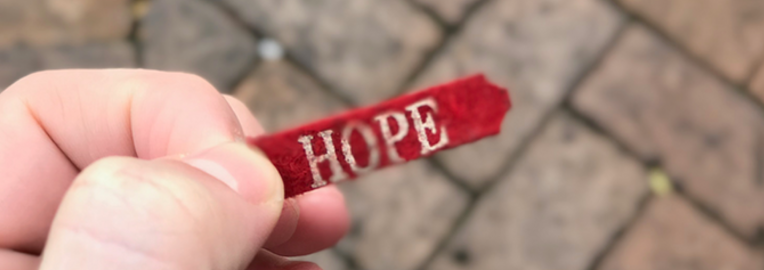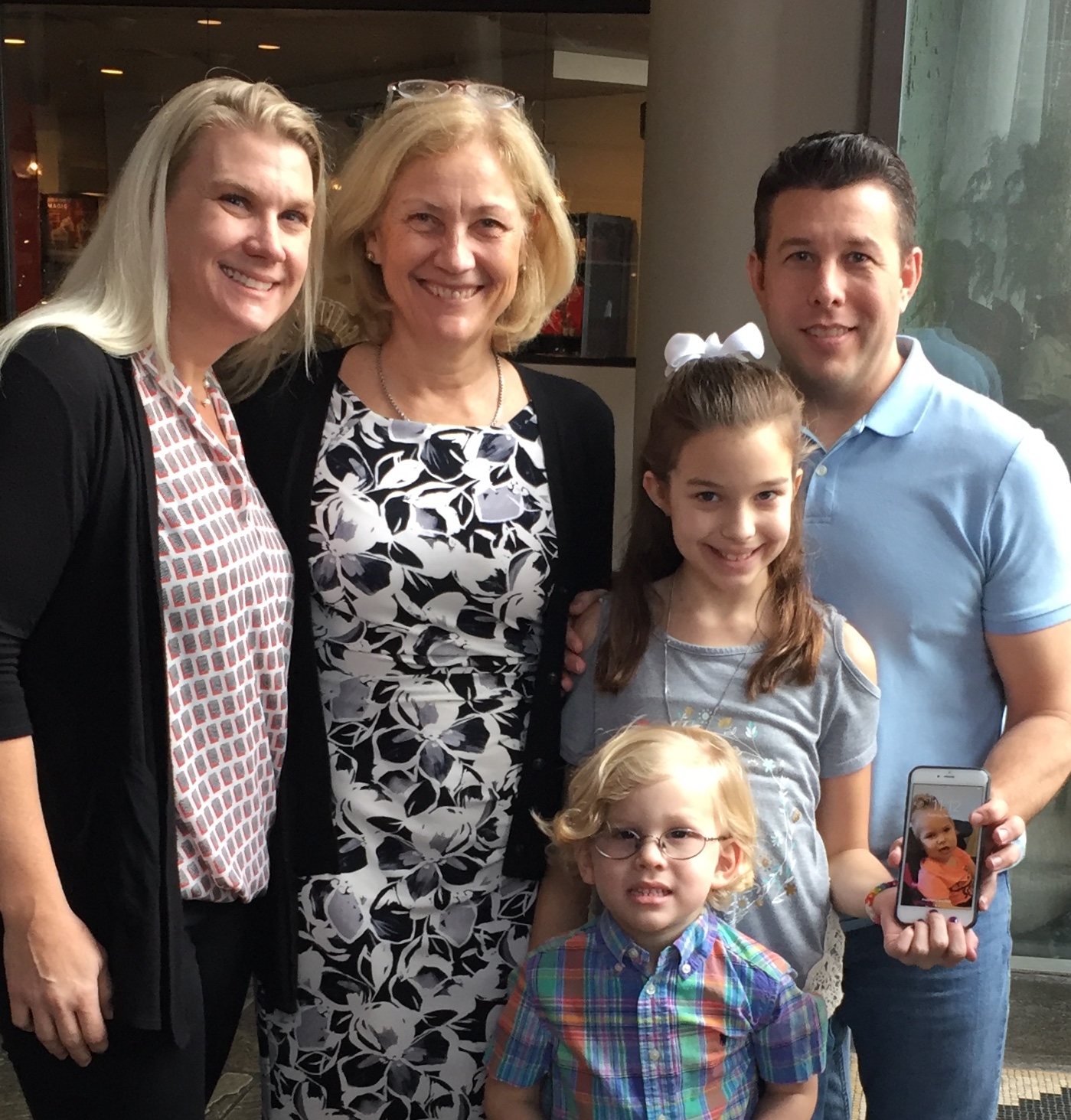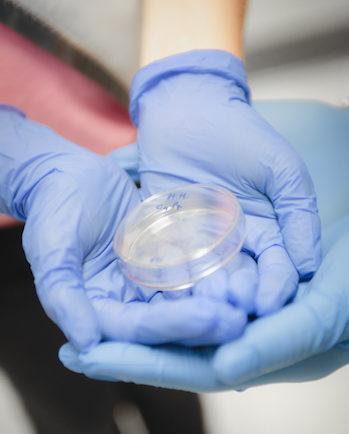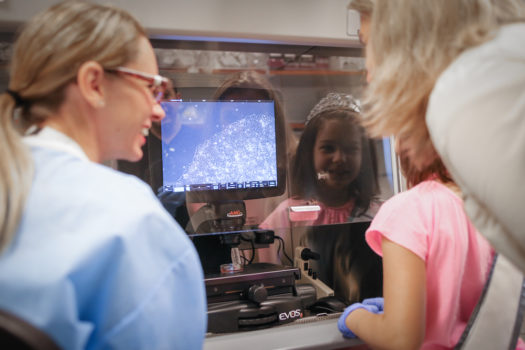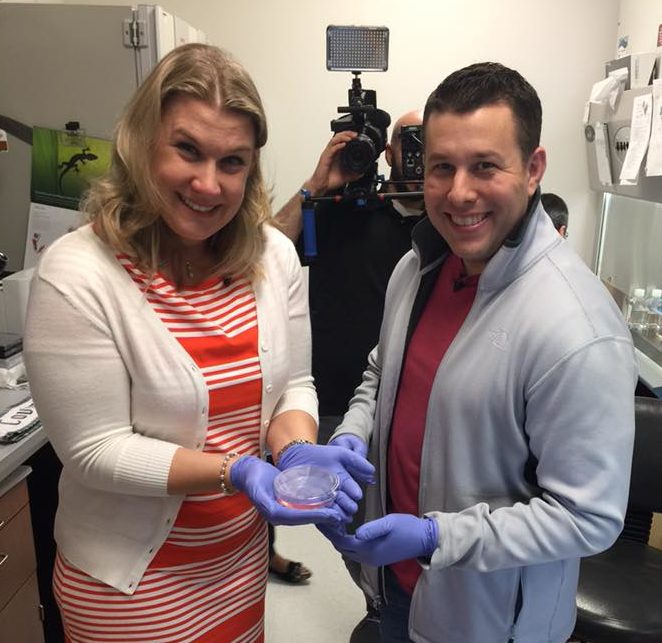CDKL5 Treatment Discovery Project: A New Approach to Treating CDKL5 and Possibly More!
The Jensen Lab Has Identified a New Approach for Treating CDD
The Jensen Lab has identified a new approach for treating CDKL5 disorder that has crossed into the possibility of treatment of other epilepsy, neurodevelopmental, and neurodegenerative disorders in particular, including Alzheimer’s. The Jensen Lab has discovered alterations within a region in the CDKL5 brain that hinder mental ability, and that same area of abnormality is present in Alzheimer’s and other neurological disorders.
Focused on Both Prevention and Lifelong Symptom Management
The treatment discovered is focusing on both preventative and lifelong management of symptoms. The lab uses a combination of mouse models as well as brain tissue from Harper, and others who lost their battle to CDKL5 disorder and had their organs donated to science. Specifically, the lab uses mice that have CDKL5 disorder and because of Harper’s brain donation, the lab has been able to identify the brain abnormality contributing to seizure susceptibility, social dysfunction, and mental delay by comparing the CDKL5 mice to the human brain tissue.
Dr. Jensen and her colleagues have made breakthrough progress in reducing both the seizure susceptibility and cognitive impairment in CDKL5 disorder in mice. The Jensen Lab used a treatment that blocked the brain abnormality, finding a therapeutic effect with a single dose of this treatment in mice in the juvenile and early adult age ranges.
The mice are given certain tests to identify social skills, memory, and seizure susceptibility. The CDKL5 mice without treatment showed impaired memory and reduced social skills, and seized more quickly than the control mice. The CDKL5 mice that received the treatment showed drastically improved memory and social skills, and decreased seizure susceptibility.
CBD Treatment
Another project in the lab is the first to show that cannabidiol (a component of medical marijuana) may also have a similar positive therapeutic effect in CDKL5, namely decreasing seizures and normalizing both social and mental functions. However, the lab needs to more thoroughly examine the exact dosing and mechanism of this effect before they can move forward with a clinical trial for CDKL5 patients.
WHAT WOULD YOUR DONATION DO?
The Jensen Lab is currently in need of funding to explore whether daily dosing of treatment from an early age will prevent the progression of CDKL5. If this is successful, this class of drug could be further developed for a clinical trial. The treated abnormality found in CDKL5 brains is also found as a similar abnormality in Alzheimer’s disease and other neurological disorders. Therefore, this treatment for CDKL5 could carry over into a possible treatment for these other various diseases.
The discoveries to date have been accomplished with funding from philanthropic donors. To keep the project from stalling $50,000 is needed for The Jensen Lab by January 1, 2019. More specifically, the current immediate issue revolves around the mice. $50,000 is needed to keep the mice alive until the approved funding is dispersed in July to the Jensen Lab to further this research.
If the Jensen Lab is unable to keep the mice alive, Dr. Jensen and her colleagues will have to take the time and use the research funds dispersed in July to recreate the mice and replicate the experiments done thus far in order to move forward from where we are today. This could cost the progression forward at least a year. In contrast, at this specific point, we are on target for clinical trials to treat CDKL5 patients within the next two years.
Immediate Need to Continue Research!
The immediate funding of $50,000 can be achieved if only one-third of Hope4Harper’s social media followers donated $50 each. Please consider helping Harper’s Legacy and this extremely critical research towards treatment for CDKL5 and other neurological disorders, including Alzheimer’s, continue to move forward.
2019 Money raised
WHERE HAS YOUR MONEY GONE?
- Harper’s Living Cell Tissue
- Lily Watching Harper’s Cells Move
- Parents Reunited with Harper
NOTE: This project was initially established by Hope4Harper but results were obtained from collaborative funding resources.

